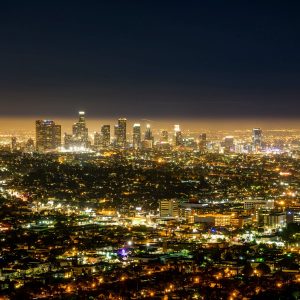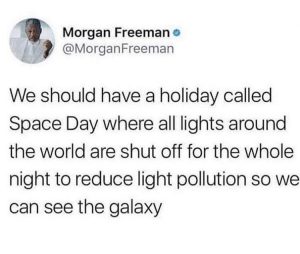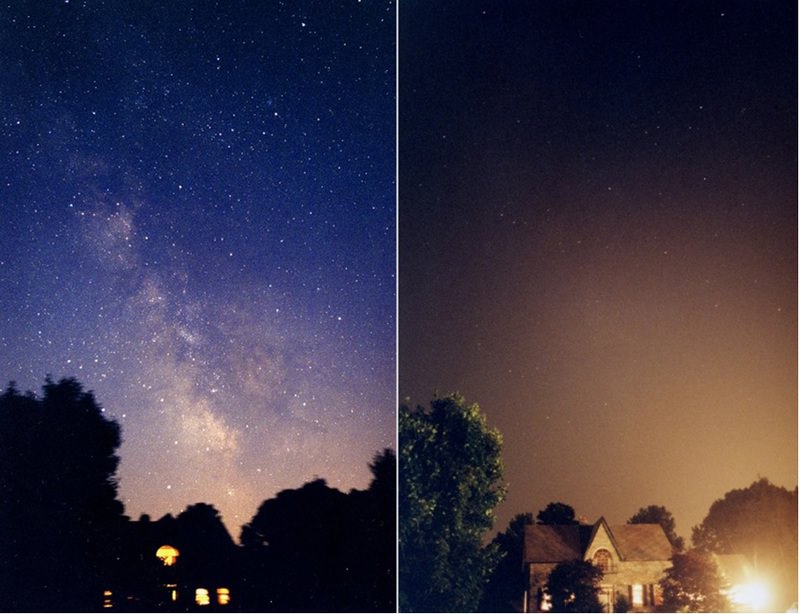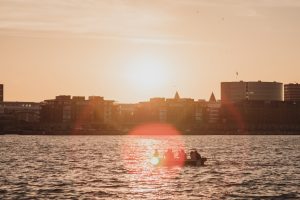We all are familiar with pollutions like water pollution, air pollution, and land pollution. But have you ever heard of light pollution? The invention of the bulb light inarguably is the most transformative invention of all time. But who knew that centuries after the same light bulbs could be hazardous to our environment.
I remember the first time I saw Saturn with my own eyes at a star party. We should work to lower light pollution so that our children can enjoy the night sky’s that my generation is missing out on. https://t.co/5VVlOVtnGS
— 👔Dan Whitfield For US Senate 2022 (@DanWhitCongress) June 13, 2021
Light pollution is an excessive, misdirected, and invasive use of light sources. Remember when our ancestors used to brag about the start nights they could witness? Unfortunately, we barely get to see such nights. Light pollution scours the starlight and alters the color and contrast of the night sky. The waste or scattered lights which reflect back to people’s eyes from solid or liquid particles of the sky demolish the view of the night sky.
Besides the aesthetic view of the night sky, it even has significant effects on our ecosystem and health.
How light pollution affects human health?
We, humans, evolved in the natural day and night cycles. The day-night cycle (circadian) governs our sleep-wake pattern. Likewise, in absence of natural nighttime, it disrupts our circadian rhythm. Along with that, the more we are exposed to artificial lights during the night, the more it suppresses our melanin production. Melatonin helps to induce sleep, boost immunity power, and lessens cholesterol. Furthermore, a study claims that light pollution can even invite health problems like obesity, sleep disorder, diabetes, and breast cancer.
Effects of light pollution in an ecosystem.

Just like we humans evolved in the natural day and night cycles, the same goes for flora and fauna. The cycle is encoded in their DNA. It causes significant harm to amphibians, birds, mammals, insects, and plants. Moreover, we are invading harshly into the nocturnal life of wild animals by turning night into day. Furthermore, artificial light kills the little hatchlings of sea turtles. Sea turtles although they live in the ocean they breed at night on the beach. Unfortunately, artificial light tears them away. Can you believe that millions of hatchlings die this way every year in Florida alone?
How can we prevent it?

We can’t cut off lights completely, that is for sure. At least what we can do is reduce their usage. We can wisely choose CFL and LED bulbs that produce warm white lights over LED lights that emit a blue short wavelength. In addition to that, we can replace outdoor lights with ones that are shielded and don’t emit light directly to the sky. Turning off outdoor lights whenever it’s not necessary helps a lot too. More importantly, you can aware and get involved in reducing light pollution in your home, work, and community. Light pollution certainly is overlooked pollution which needs our small efforts to mitigate it.
Also Read: Plastic Pollution Facts: The Causes And Its Solution









